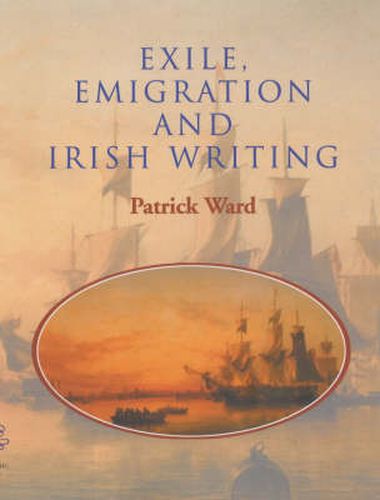Readings Newsletter
Become a Readings Member to make your shopping experience even easier.
Sign in or sign up for free!
You’re not far away from qualifying for FREE standard shipping within Australia
You’ve qualified for FREE standard shipping within Australia
The cart is loading…






In the 19th century, particularly in the post-Famine years, millions left Ireland and they were preceded by vast numbers in previous centuries. The leaving of Ireland - see as exile , is as Irish as the shamrock and the shillelagh. For the writer, the experience was virtually obligatory, yet in spite of the scale of emigration, the size of the Irish diaspora and the fact that almost every Irish writer of note left Ireland permanently or temporarily, the subject has been ignored by most literary commentators. This volume analyses the experience of exile and emigration in Irish writing. It traces the origin of the concept of exile from Columcille and early Christian Ireland through the centuries to the present. In tracing the origins, mutations and representations of exile and emigration, the author draws on modern post-colonial theory to contribute to the re-reading of Irish writing that is now under way.
$9.00 standard shipping within Australia
FREE standard shipping within Australia for orders over $100.00
Express & International shipping calculated at checkout
In the 19th century, particularly in the post-Famine years, millions left Ireland and they were preceded by vast numbers in previous centuries. The leaving of Ireland - see as exile , is as Irish as the shamrock and the shillelagh. For the writer, the experience was virtually obligatory, yet in spite of the scale of emigration, the size of the Irish diaspora and the fact that almost every Irish writer of note left Ireland permanently or temporarily, the subject has been ignored by most literary commentators. This volume analyses the experience of exile and emigration in Irish writing. It traces the origin of the concept of exile from Columcille and early Christian Ireland through the centuries to the present. In tracing the origins, mutations and representations of exile and emigration, the author draws on modern post-colonial theory to contribute to the re-reading of Irish writing that is now under way.